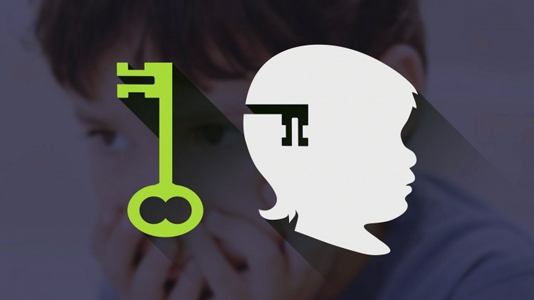DHAKA, April 1, 2019 (BSS) – Autistic kids, their parents and other caregivers need proper training in combating the neuro-developmental disorder among children, experts said.
“Continuous high quality training, both for the autistic children and parents is an integral part of the treatment. It aids the children to achieve their rights and enjoy equal opportunities in all aspects of their lives,” Director of Centre for Neurodevelopment and Autism in Children (CNAC) of Bangabandhu Sheikh Mujib Medical University (BSMMU) Dr Shaheen Akhter told BSS.
“Every parent or caregiver, particularly mothers of children having ASD (Autism Spectrum Disorders) should be empowered through training to support their children in leading a normal life,” she added.
At the CNAC, the mother of a special child aged four said, “When my son, Rony, was only 1.8 years old, we noticed some abnormality in him, different from other children of his age. He had attention problems, repeated body movement problem, lack of eye contact.”
“As he was growing up, we noticed his problem in pointing at objects, interest in peers, disruptive, aggressive or self-injurious behavior. We consulted a doctor and he advised us to take him to a training centre for autistic children,” she added.
“Now when we are taking care of my son we feel that the parents also need special training to serve them the best.”
According to Saima Hossain, a member of Advisory panel of Mental Health of World Health Organisation (WHO), the parents and close relatives who needed to serve as caregivers to the autistic children should be provided with the particular knowledge and skills to administer them the occupational, speech and behavioral therapy including educational and social service needs.
Saima, a USA-licensed autism and clinical psychology specialist, said proper training can help autistic children to lead normal life and participate in the mainstream of country’s economy. However, every autistic child has some particular skill on specific subjects.
According to a recent research conducted by ICDDR,B titled, ‘Research for Autism: Assessment of mental health status among caregivers of children with autism and feasibility of creating a community based support system in Bangladesh’, one out of every four mothers of autistic children suffered from depression and out of five, four ASD children were male.
Interim head of chronic Non-communicable Diseases Unit of ICDDR,B Dr Aliya Naheed said, 79 percent of the mothers who were quizzed under the study said they received supportive attitude from the other family members while 45 percent said they faced bitter experiences.
She said, “We are firmly committed to create awareness and work for early detection and treatment, research, education and training to ensure quality of autistic individuals from early childhood.”
Autism is a developmental disorder that appears in the first three years of life, and affects the brain’s normal development of social and communication skills. It is an uncommon disease, occurring in school-age children while boys are more affected with it than girls.



